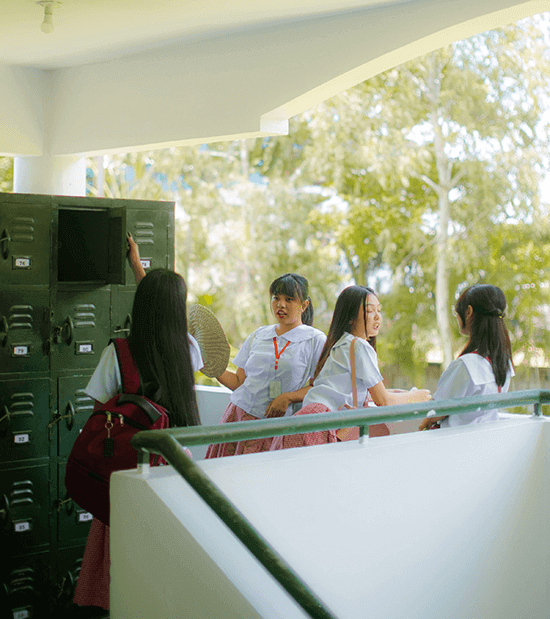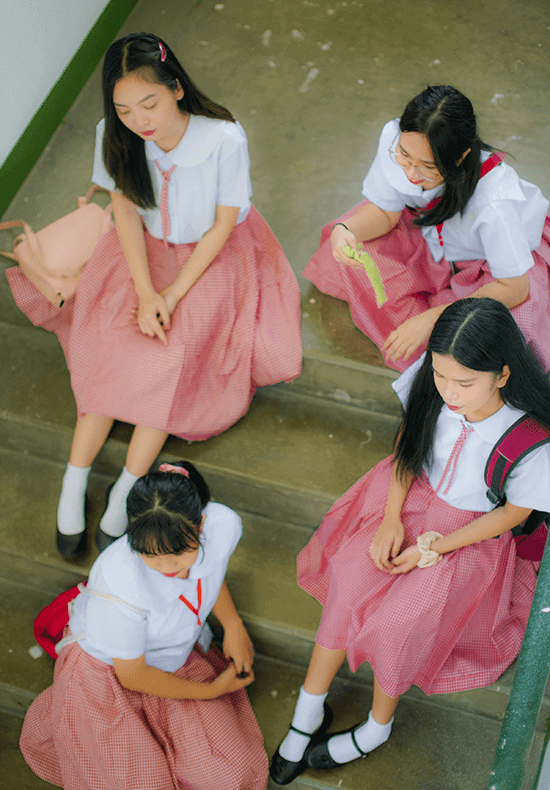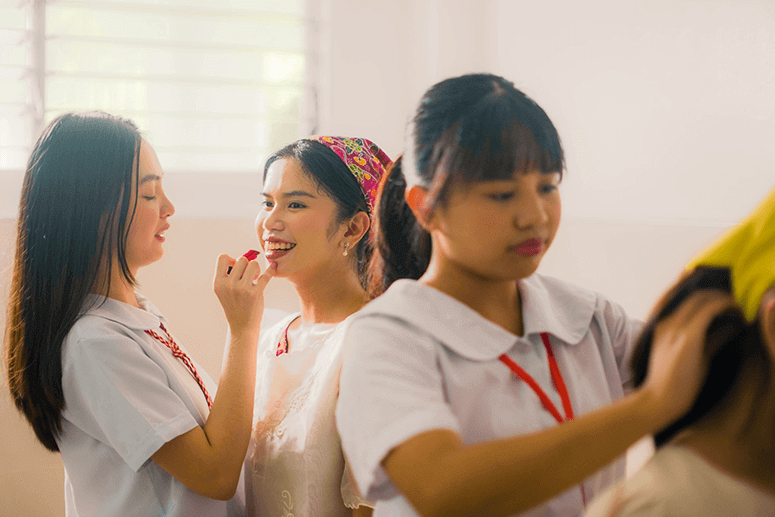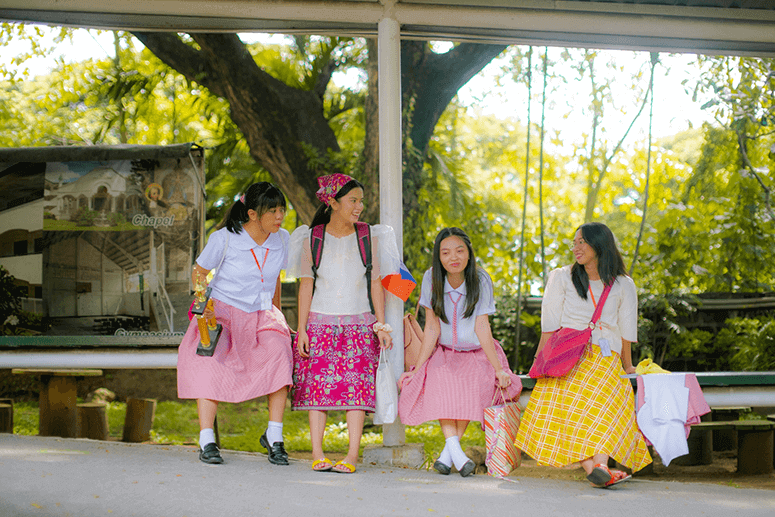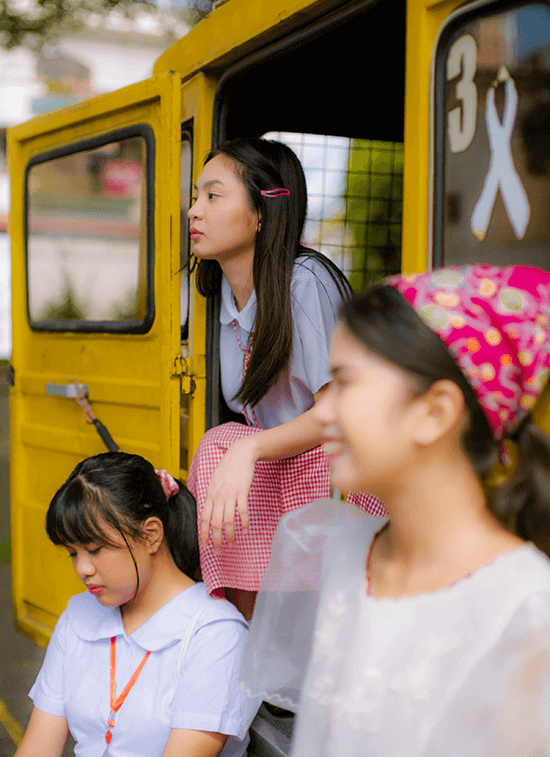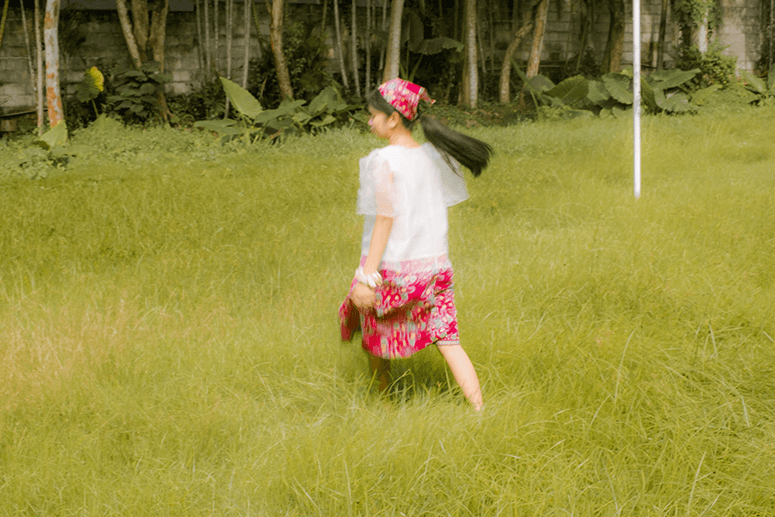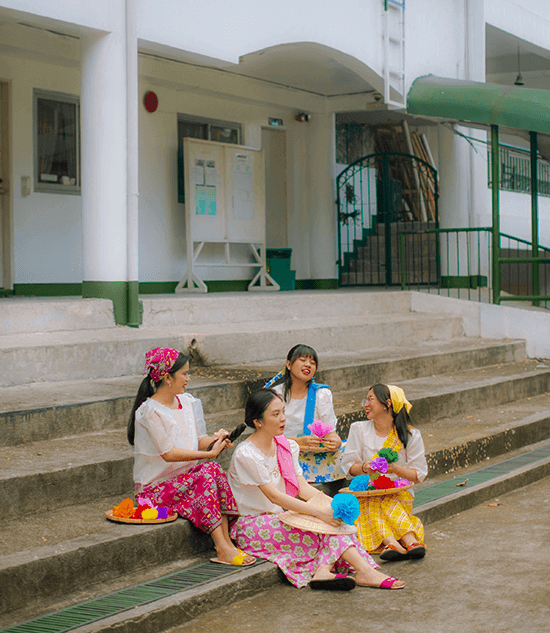Speaking the secret language of girls
By the time I was 15, I had lived a hundred lives.
I was both the class president crying in the girls’ bathroom and the truant student who only attended one sabayang pagbigkas rehearsal. I was a Buwan ng Wika essay-writing contest winner and loser. I dressed in palengke-bought baro’t saya and, when I outgrew them, the Katipuneros’ white shirt and red pants, which I originally purchased because a One Direction member often wore jeans of the same color.

An education system that promotes our languages beyond commemoration, beyond making them seem like medieval things of the past, remains a dream—though I’m aware I only learned to dream of it recently. As always, it’s only with the passage of time that we earn the capacity for criticality. At the time, whenever Buwan ng Wika rolled around, we were more concerned with: Papasok ka ba bukas? Ano raw susuotin? Small bag ba?

I look back fondly on these memories; at how, in the process of celebrating our history, we end up writing it too. Popular internet jokes about class officers yelling, “Respeto naman guys!” to guilt peers into submission hint at a Filipino youth canon in which we are both author and main character, where high school is both teacher and precursor. Behind the basketball court that we decked out in Philippine flags and Styrofoam letters every August is where older boys took their paramours (at least that’s what I heard from a friend of a friend). The girl who helped safety-pin my sarong in the bathroom locked herself in the same stall months later, us asking what was wrong on the other side of the door. Things change, history is made.

And like much of history, ours is passed along orally, in our mother tongue. Everything I knew then—or at least what really mattered—I learned in Filipino. Our school’s English-only policy lasted for half a year because it never really stuck. English was for performing: graded essays, class recitations, and excuse letters. Filipino was for everything else, including the things we didn’t know yet how to articulate or ask: Meron ka na ba? Parang nakakaano yung ginawa niya sa’kin. It afforded us a vagueness that was, in a way, protective. We could talk about things we were taught we shouldn’t, like periods. We didn’t need the specific details to understand anyway. History has a habit of repeating itself.

Though perhaps familiarity is a more apt term than vagueness—familiarity with the implications of what we say, the definition of a look or a hand held, the ability to partake in the lingua franca of girlhood. This shared familiarity allowed us to break the silence without actually bearing the weight of the more accurate words. Should the time come, however, we’re relieved to know there are people—girls—who will help us carry it.


